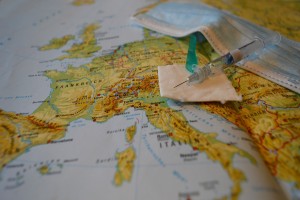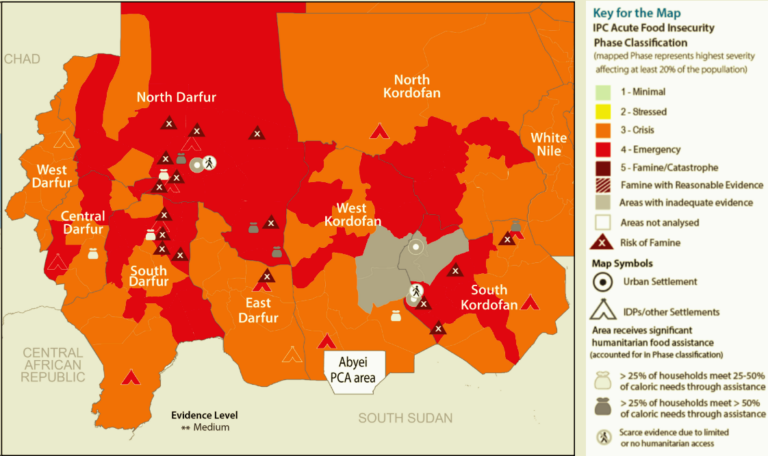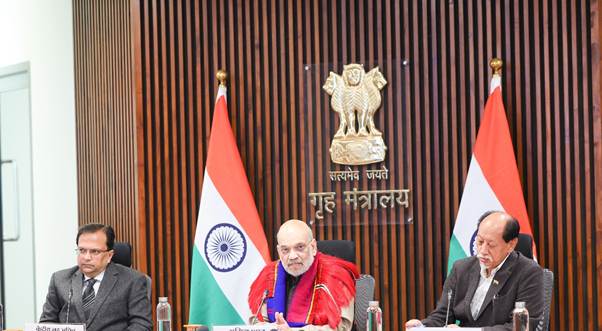
WHO warns against vaccine nationalism
Geneva: This week, reported global Corona cases are expected to reach 100 million. Numbers can make one numb to what they represent: every death is someone’s parent, someone’s partner, someone’s child, someone’s friend.
Vaccines are offering hope, but, as the World Health Organisation Director-General Dr. Tedros Adhanom Ghebreyesus said last week, the world stood on the brink of a catastrophic moral failure if it doesn’t deliver equitable access to vaccines.
However, two new studies now show that it wouldn’t just be a moral failure, it would be an economic failure.
A new report from the International Labour Organization analyses the impact of the pandemic on the global labour market. It finds that 8.8% of global working hours were lost last year, resulting in a decline in global labour income equivalent to US$ 3.7 trillion. The report projects that most countries will recover in the second half of 2021, depending on vaccination rollout. It recommends international support for low- and middle-income countries to support vaccine rollout, and to promote economic and employment recovery.
Also read: Universal social protection an economic imperative, says UN report
The second study, commissioned by the International Chamber of Commerce Research Foundation, makes a strong economic case for vaccine equity. It finds that vaccine nationalism could cost the global economy up to US$9.2 trillion, and almost half of that – US$ 4.5 trillion – would be incurred in the wealthiest economies. The study was commissioned by the Research Foundation of the International Chamber of Commerce, which represents more than 45 million companies in over 100 countries.
Dr. Gebreyesus today pointed out that in contrast, the financing gap for the Access to COVID-19 Tools Accelerator this year is US$ 26 billion. “If fully funded, the ACT Accelerator would return up to US$ 166 for every dollar invested,” he says.
However, he laments that rich countries are rolling out vaccines, while the world’s least-developed countries just watch and wait.
“Every day that passes, the divide grows larger between the world’s haves and have nots,” he lamented and told media persons that vaccine nationalism might serve short-term political goals, but it’s in every nation’s own medium and long-term economic interest to support vaccine equity.
“Until we end the pandemic everywhere, we won’t end it anywhere,” he warned. He informed that less than an hour ago, he spoke to President Cyril Ramaphosa of South Africa, and on Wednesday he would be speaking with Ministers of Health and Ministers of Finance from the African Union. “I will tell them that we are doing everything we can to accelerate the rollout of vaccines in Africa, to save lives and get their economies back on track,” he said and stressed that the rest of the world must play its part.
“The COVID-19 pandemic has reminded all of us that health and economics are closely connected, and that we are all in this together. We’re family,” he concluded.
– global bihari bureau





